Why Caregivers?
Why should healthcare clinicians care about caregivers?
Only 13% of caregivers say that healthcare professionals have asked about their wellbeing.
Caregivers need support from healthcare clinicians because they play a critical role in the health and wellness of their dependents — your client! Yet they often face significant challenges. Caring for another person — often in a 24/7 capacity — places extreme demands on a person’s physical, emotional, and mental health. How well a caregiver copes with these demands directly impacts their ability to provide effective care.
Taking a caregiver-friendly approach to healthcare leads to:
- Better client outcomes.
- Improved treatment compliance.
- Stronger support networks for the whole family.
Remember that caregivers themselves could be your clients, too. They have their own set of health and wellness needs. Ensuring that these needs are met will help reduce burnout, minimize adverse outcomes, and promote a more holistic approach to care. In short, caring for caregivers helps everyone thrive!
This toolkit, created in partnership with the Child Neurology Foundation, is designed to assist healthcare providers in creating a more caregiver-friendly practice built on understanding, communication, and partnership.
More Americans are in a caregiver role than ever before, and the demands can be significant.
1 in 5
21.3% of Americans are caregivers
24.4
Average hours per week providing care
60%
Provide assistance with medical tasks
23%
Caregivers reporting their health has worsened
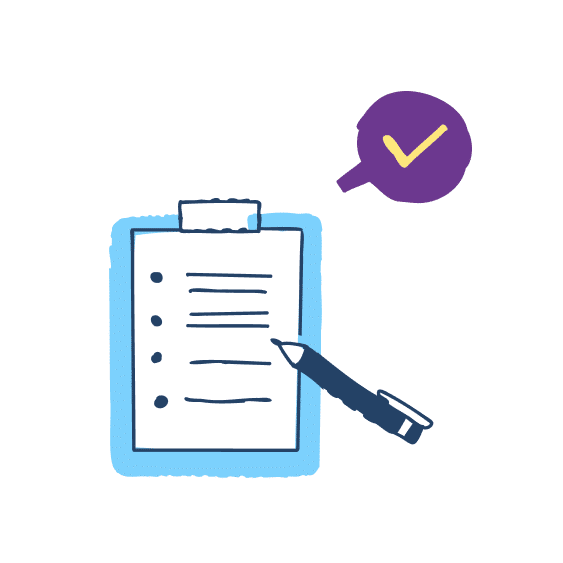
Data Sheet: Caregivers & Healthcare
The complexities of the healthcare system pose unique challenges for caregivers and their families. Take a look at data on caregivers and health to get a snapshot of the current landscape.
Three Keys to Delivering Caregiver-Friendly Healthcare
Clinicians can create a healthcare practice that recognizes the challenges and contributions of caregivers and enables them to thrive in their role, resulting in better outcomes for the entire family.
The tools that follow are designed to help you establish a strong foundation of support for the caregivers that engage with your practice, centered around three essential steps:
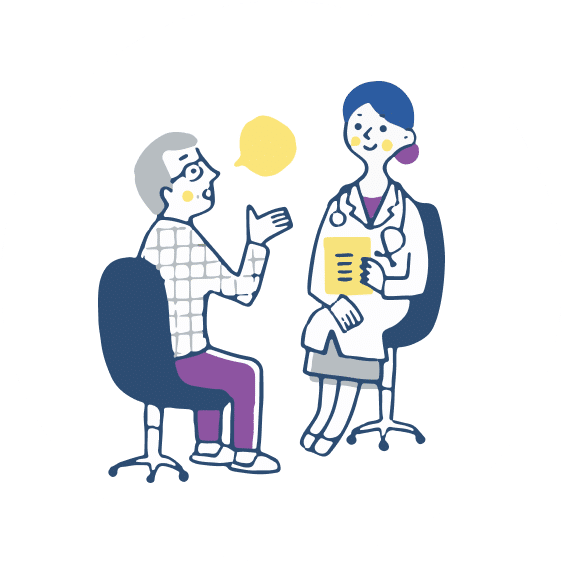
Recognize
Understand and appreciate the challenges faced by caregivers, and respect their firsthand knowledge and experience. See their needs as directly impacting the health of the identified patient.
Communicate
Build trust and set families up for success with effective communication that ensures clients and caregivers are informed and confident.
Equip
Direct caregivers to trusted educational materials, communities, organizations, and other resources that will address their specific challenges.
1. Recognize
Unfortunately, caregivers’ needs often fade into the background when the primary focus is on their dependents. Much of their struggle is invisible or happens behind the scenes, and it takes a trained eye to identify the hidden parts of their unique struggle.
The first step in becoming a more caregiver-friendly healthcare practice is understanding the complex realities of caregiving. We’ve compiled input from caregivers about their experience, as well their feedback on practical ways that healthcare practices can be more caregiver-friendly.
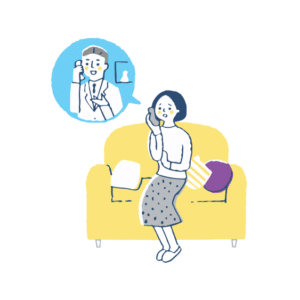
Understanding the Realities of 24/7 Caregiving
Discover the realities of caregiving that often go unspoken. Medical professionals can provide more thoughtful care plans when they understand the day-to-day challenges and complexities that come with caregiving duties.
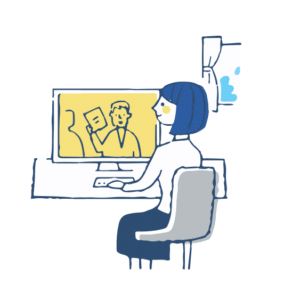
9 Practical Strategies for a Caregiver-Friendly Healthcare Practice
Uncover actionable strategies for building a caregiver-friendly healthcare practice that provides an optimal experience for clients and providers.
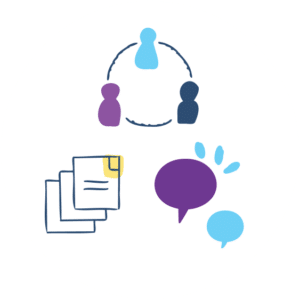
10 Things Every Caregiver Wishes Their Healthcare Providers Knew
Hear from caregivers themselves about what they desperately wish their doctors understood about their lives and families.
Go Behind-the-Scenes of Caregiving with a Screening of the “Unseen” Documentary
Host a screening at your hospital or clinic and invite your team to learn more about the unfiltered realities of caregiving. Start the conversation about how your practice can better support the caregivers and families you serve.
2. Communicate
As a healthcare provider, your time is extremely precious and you’re constantly being asked to do more with less. Efficient communication is essential to maintaining strong relationships with clients and their caregivers, and ensuring everyone remains on the same page. You don’t want your clients leaving the office confused or overwhelmed, but with limited time in appointments, that can be easier said than done. Explore these resources on how to be a more effective communicator.

Best Practices for Doctor-Caregiver Communication
Effective communication is critical to a strong relationship between doctor and caregiver. Review best practices to make the most of your conversations.

Preparing for Tough Conversations with Caregivers
Delivering difficult news is never easy. Get tips on how to navigate tough conversations with parents and caregivers.

Delivering Culturally Competent Care to Caregivers
Learn strategies for providing culturally competent care that addresses the unique needs of caregivers and their dependents.
3. Equip
Being a caregiver means constantly being on the hunt for resources. From educational materials to financial support, caregivers are frequently in need of tools that will solve specific challenges they’re facing. Searching for and assessing these resources is just one more task on their long list. Clinicians and healthcare teams can help reduce this load by sourcing, vetting, and recommending specific, trusted resources caregivers can turn to.
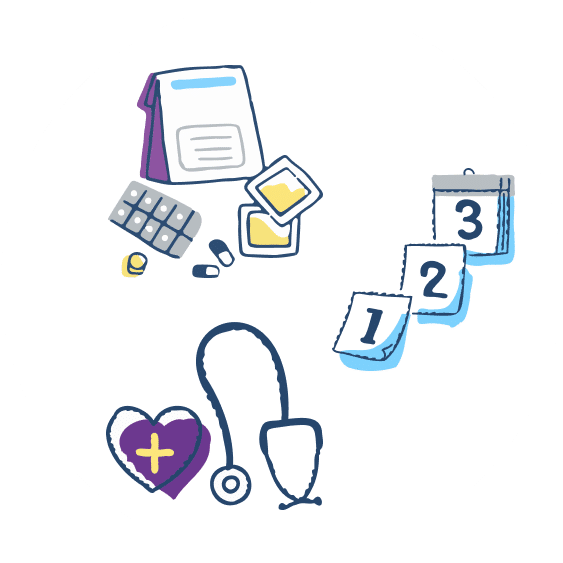
The Clinician’s Guide to Equipping Caregivers
Ensure your healthcare practice is ready to connect clients and caregivers with critical resources.
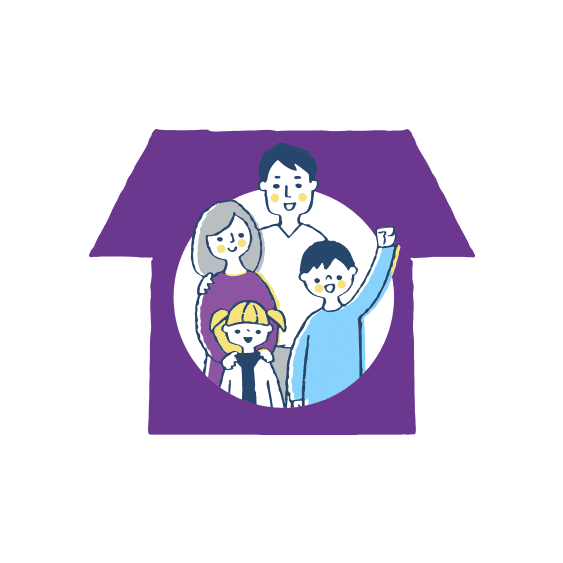
Navigating the Evolving Identities of Caregivers
The needs of a client with disability or complex medical illness evolve across the lifespan, especially during the transition into adulthood. It can be difficult to navigate, as housing, treatment options, and insurance coverage may change. Caregivers may also struggle with their changing identity. What does it mean to be a caregiver to a person who is no longer a child? The Childhood Neurology Foundation has a Transition of Care program dedicated to guiding caregivers and their dependents through this very important milestone.
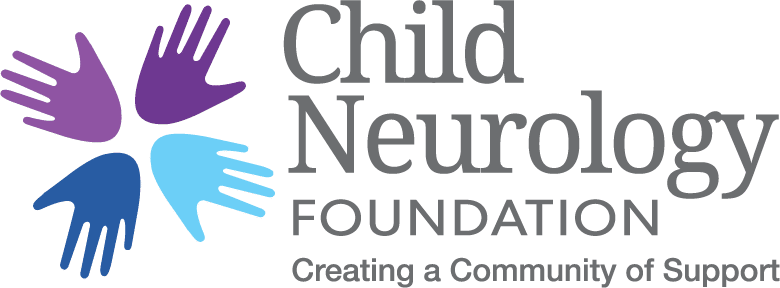
Resources for Clinicians, Caregivers & Families
The Child Neurology Foundation connects partners from all areas of the child neurology community so those navigating the journey of disease diagnosis, management, and care have the ongoing support from those dedicated to treatments and cures. CNF offers a host of online resources, education, and 1:1 support for medical professionals and families.
Caregivers are essential members of the healthcare team.
Caregivers provide valuable insight and expertise when it comes to their dependents, and their opinions should be considered when making treatment plans. But they need support, too. Caregivers are also clients in their own right. The work of caregiving can be a 24/7 commitment that leaves little (if any) opportunity for respite and self-care. Taking the time to care for caregivers will go a long way in making sure everyone has what they need thrive.
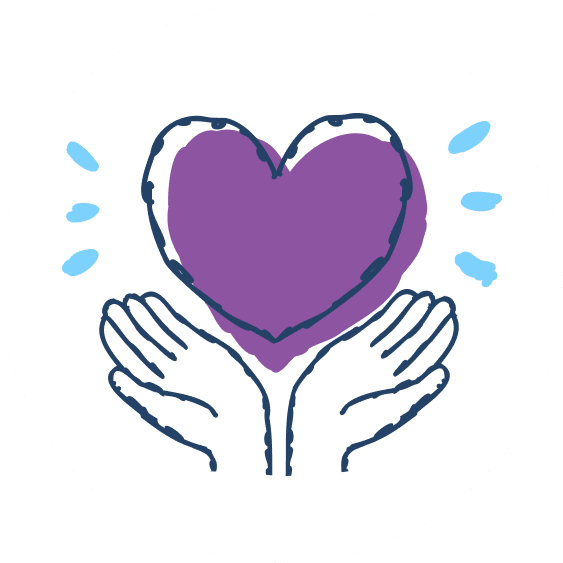
More Resources

The Child Neurology Foundation wants caregivers to know they aren’t alone.
Child Neurology Foundation knows caregivers give so much, often with little time for themselves. They’re here to lift that burden. CNF provides resources, education, and a community of support for those who care for children with neurologic disorders. Because when caregivers thrive, children thrive.
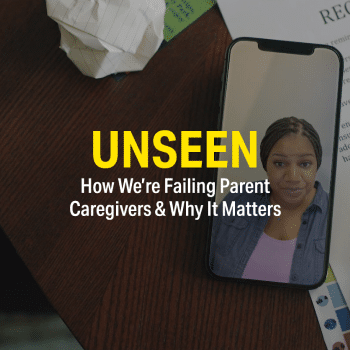
Go Deeper with a Screening of the “Unseen” Documentary
The one-hour “Unseen” documentary gives an unfiltered, honest glimpse into the lives of caregivers and their families. Host a virtual or in-person screening at your organization that will jumpstart the conversation about improving support for caregivers in your practice.
References and Data Sources
2020 Report: Caregiving in the U.S.


